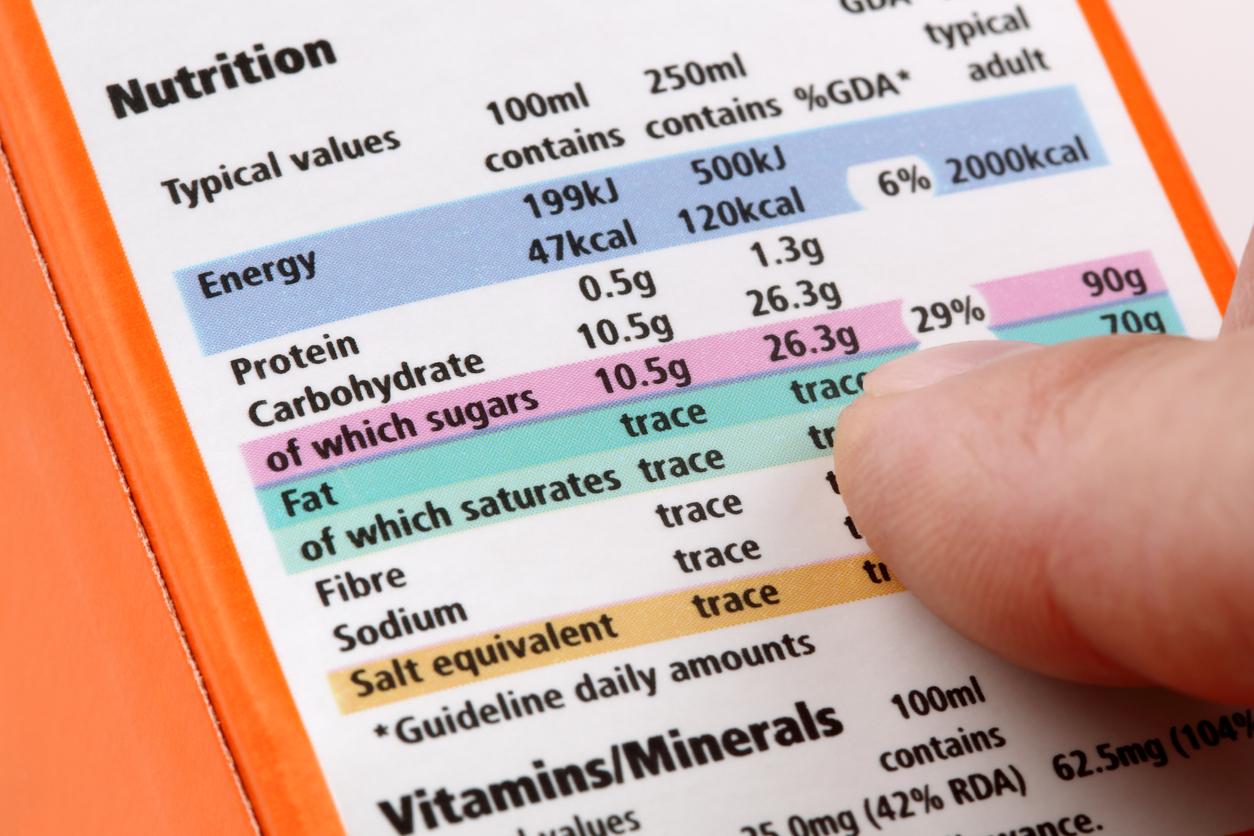
Umbrella review confirms health risks of UPF
Practice Nurse 2024;54(2):7
Practice Nurse 2024;54(2):7
Higher exposure to ultra-processed foods (UPF) is associated with an increased risk of 32 damaging health outcomes including cancer, major heart and lung conditions, mental health disorders, and early death, according to a review in The BMJ.
UPF, including packaged baked goods and snacks, fizzy drinks, sugary cereals, and ready-to-eat or heat products, undergo multiple industrial processes and often contain colours, emulsifiers, flavours, and other additives. These products also tend to be high in added sugar, fat, and/or salt, but are low in vitamins and fibre.
Researchers carried out an umbrella review (a high-level evidence summary) of 45 distinct pooled meta-analyses from 14 review articles associating UPF with adverse health outcomes.Overall, the results show that higher exposure to ultra-processed foods was consistently associated with an increased risk of 32 adverse health outcomes, including a 50% increased risk of cardiovascular disease-related death, a 48-53% higher risk of anxiety and common mental disorders, and a 12% greater risk of type 2 diabetes.
- See Why practice nurses need to know about ultra-processed foods. Practice Nurse 2023;53(5):8-9 https://www.practicenurse.co.uk/index.php?p1=articles&p2=2453
Lane MM, et al. BMJ 2024;384:e077310
Related news
View all News